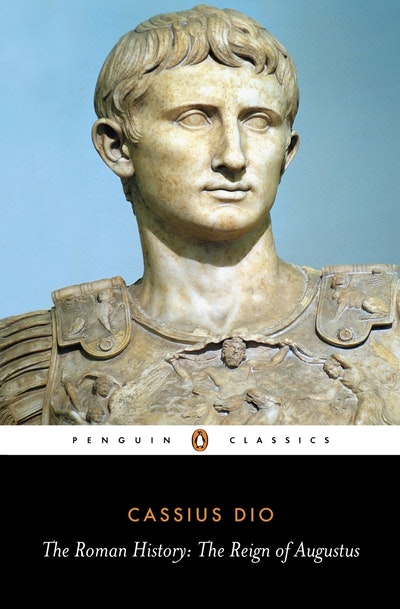- Published: 1 February 2016
- ISBN: 9780451474285
- Imprint: Signet
- Format: Paperback
- Pages: 272
- RRP: $15.99
Around the World in Eighty Days
- Jules Verne
The timeless tale of Phileas Fogg's race around the world, now in a handsome new edition with a new afterword.
Jules Verne's masterpiece of adventure fiction that has captured the imaginations of generations of readers and continues to enthrall us today.
On October 2, 1872, an English gentleman makes a remarkable wager: He can travel around the entire world in a mere eighty days. Thus begins Jules Verne’s classic novel, which remains unsurpassed in sheer storytelling entertainment. Phileas Fogg and his faithful manservant, Passepartout, embark on a fantastic journey into a world filled with surprises, danger, and beauty—from the shores of India, where the travelers rescue the beautiful wife of a rajah from ritual sacrifice, to the rugged American frontier, where their train is ambushed by an angry band of Sioux. With twenty thousand pounds at stake, Fogg’s mission is complicated by an incredible case of mistaken identity that sends a Scotland Yard detective in hot pursuit in what becomes a riveting race against time and an action-packed odyssey into the unknown.
With an Introduction by Herbert Lottman
and an Afterword by Karen J. Renner
- Published: 1 February 2016
- ISBN: 9780451474285
- Imprint: Signet
- Format: Paperback
- Pages: 272
- RRP: $15.99

































































































































































































































































































































































































































































































































































































































































































































































































































